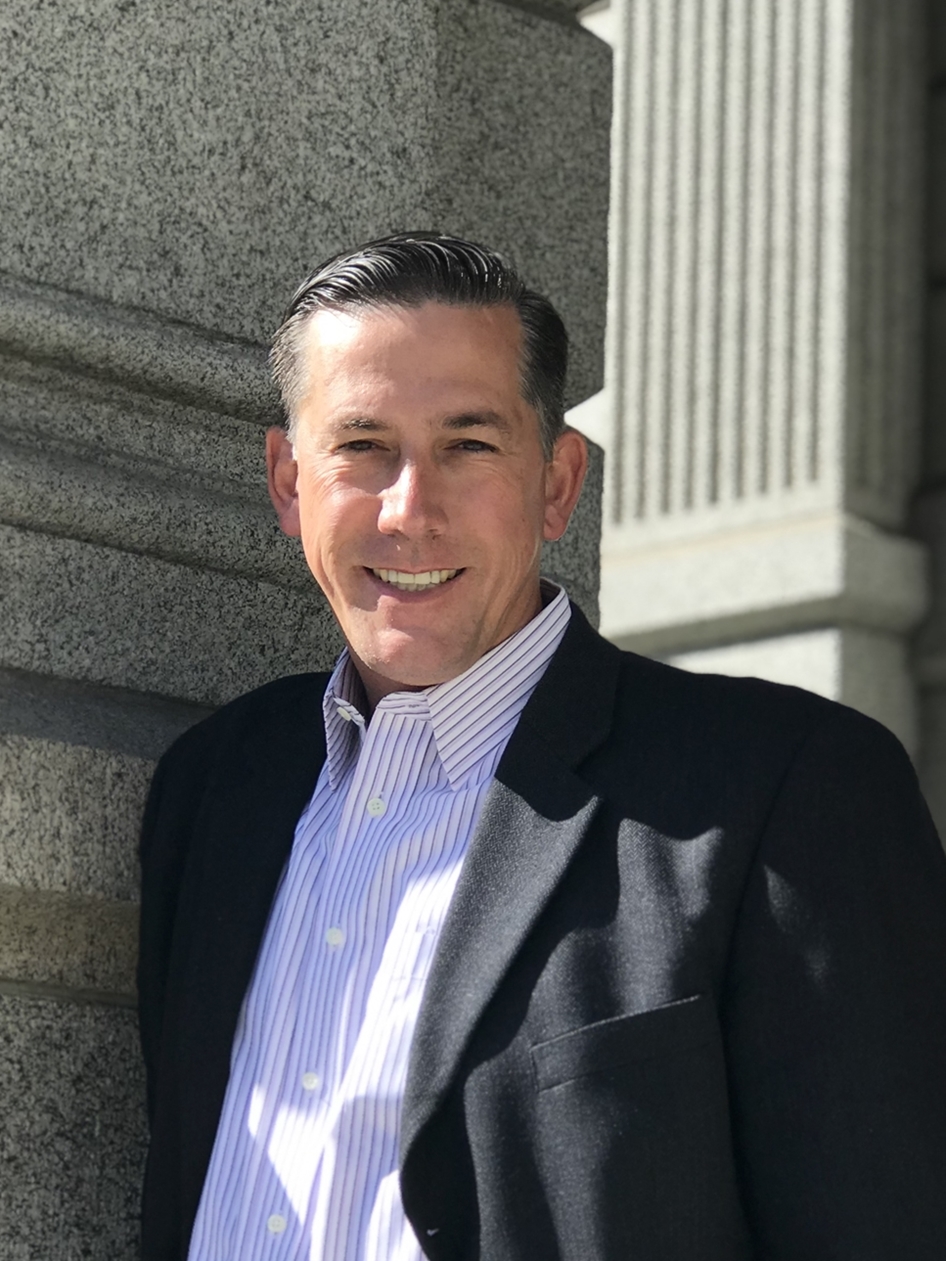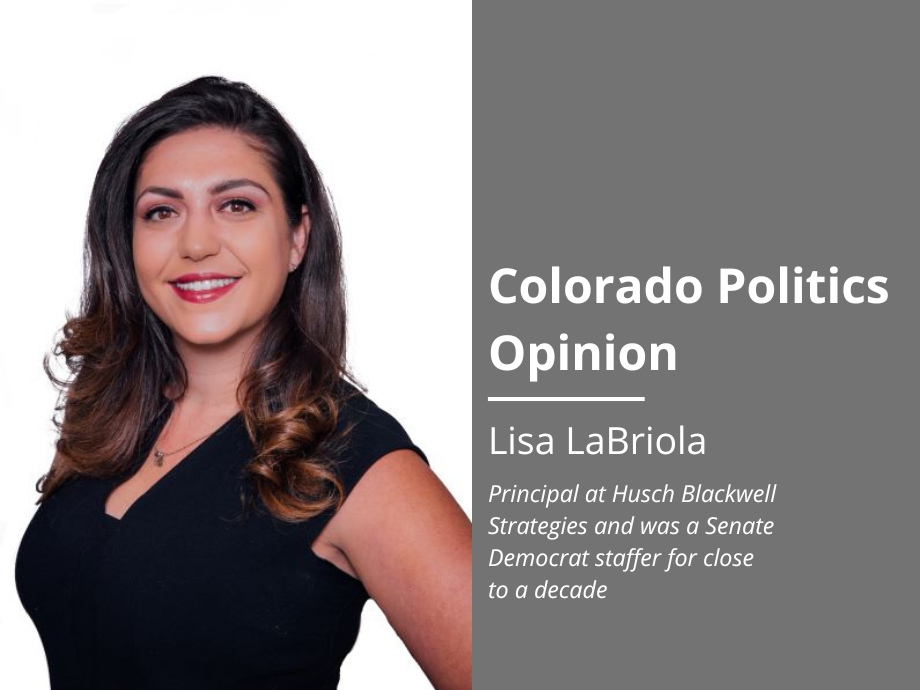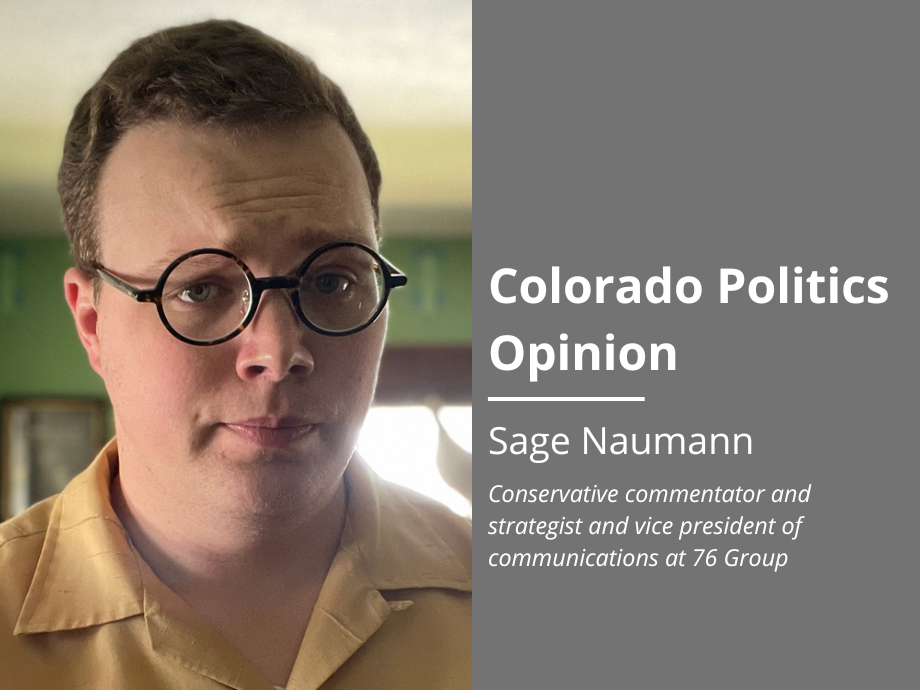COUNTERPOINT | We’ve already cracked down on youth vaping


For half a decade, Colorado’s state and local officials have been focused on the issue of teen vaping in Colorado. I thought it might be helpful to recap the last five years and status of the policy issue from the perspective of a small convenience-store owner.
To begin, teen vaping continues to be an issue. Federal PATH studies and other credible sources are not wrong in that vaping, and particularly flavored vaping, has almost solely and uniquely become the product of choice for use in this category by youth and young adults in Colorado. Thankfully, the state, municipalities and the federal government have all taken action. The federal government, following action and bill proposals in multiple states including Colorado, raised the federal legal age to buy tobacco to 21. This fundamentally put tobacco and nicotine at the same age threshold for citizens as marijuana and liquor.
Before the pandemic, Colorado went further by establishing a statewide substantial and comprehensive enforcement regime. Colorado moved to hold bad actors in the retail space accountable. This policy, among other things, banned street-facing advertising, prohibited online sales, and asked the regulated community for millions of dollars a year to make sure that retailers were being responsible gatekeepers. Added to local actions, it is not an exaggeration to note that small-business, gas-station and vaping shops are paying more than $5 million to continue to not sell products to kids. If store owners’ compliance rate falls below 90%, we pay 33% more in enforcement-directed dollars.
According to the Department of Revenue annual report, retailers have in large part, and in line with historical trends, met the challenge. While not perfect, grocery stores, liquors stores, conveniences store and vaping shops have been responsible. State records demonstrate that we are maintaining a 92% compliance rate. This is verifiable by DOR annual reports and a searchable database maintained by the FDA’s Center for Tobacco Products. It is important to note that many public health agencies in Colorado are the FDA inspection contractors.
Colorado retailers through the annually required SYNAR program have partnered with law enforcement to secure federal substance-abuse and block-grant dollars. Millions of dollars over decades have been secured by local business owners in Colorado by being responsible members in our communities. This is an irrefutable fact.
Colorado businesses and our customers were recently asked to do more. With the passage of Proposition EE, all category products we sell are now taxed, and with those increases comes both the benefits of the programs, the excise taxes fund as well as the challenges for retailers. Candidly, our members are furious at the recent proposal which not only undercuts the programs that the voters approved, but targets products that have nothing to do with vaping, and where youth in Colorado have not increased use of. Putting aside for the moment that not all convenience stores even sell vaping products, you are telling adult users that they cannot make choices in the same state that legalized marijuana. The trend in the category, from the perspective of people involved in the industry, is toward less harmful products, and sadly, these are the products that the tobacco flavor ban bill seeks to outlaw.
Many of you read a related piece I coauthored about the abject failure of the Massachusetts ban. Though it is considerate of the proponents to want to enrich our member stores in Wyoming, Kansas and Utah at the expense of Colorado owners and taxpaying businesses, undercutting the programs we support through responsible sales is not the best path forward.
Here is another thing that is being lost under federal law and through the PMTA process: Folks who want to sell these newer products have to prove they are not marketing to kids, else they don’t have approval to market their products. Candidly, the proponents need to update their talking points from the 1980s. Synthetic tobacco is now also under PMTA approval, so consumers and parents in Colorado can feel confident that the appropriate regulatory agencies are watching out for kids.
Like many businesses, the members of our association simply want to continue to sell federally-legal products in a responsible manner. The state and local governments should hold bad actors accountable, but telling nine out of 10 of store owners who have done nothing wrong , “we are going to take the ability to sell legal products away from you and enrich stores in surrounding states” makes little sense.
The proposal undercuts both proposition EE and the store owners that over the last five years have been asked to pay more, face more regulation and be partners in the effort to combat youth vaping. That’s what this bill is about and why we hope the legislature recognizes that prohibition and selling products out of the back of a van are the real failed policies.
Grier Bailey is the executive director of the Colorado Petroleum Marketer and Convenience Store Association






